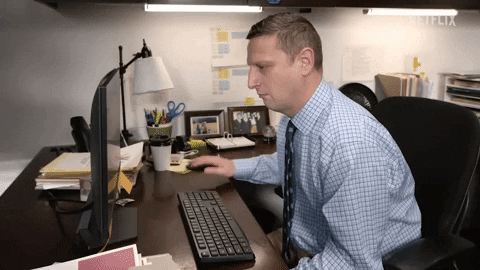Every day, we hand over our most important possessions to strangers without thinking twice. Whether it’s luggage at the airport or a car at the repair shop, we assume trust is built into the transaction.
But when that trust is broken? That’s where things get interesting.
Penny Ivy Thompson of Flowood, Mississippi, learned just how quickly the rules can change when she spotted her supposedly “in-the-shop” truck rolling down the road, tailgating another car.
She followed it. It ended up in a Lowe’s parking lot. And the person behind the wheel? A dealership employee was using her vehicle for what appeared to be personal errands.

"I steal MY OWN DODGE from Lowe’s parking lot."
— Penny Ivy Thompson
Penny waited 20 minutes. No explanation came. So she made a call—to the dealership—and then made a decision.
She took her truck back.
Not through a drawn-out complaint process. Not with a call to corporate. She pulled out her spare key, climbed in, and drove off, leaving the employee stranded in the parking lot, shopping bag in hand.

"I’m a Home Depot kinda girl anyway."
— Penny Ivy Thompson
Her viral post about the incident read like a screenplay. The dealership confirmed the incident, fired the employee, and offered a personal apology. They’ve promised retraining and responsibility.
"He just stopped and stood in the parking lot."
— Penny Ivy Thompson
But Penny’s real message resonated far beyond Mississippi. In a moment where many people feel powerless against big systems—whether it’s healthcare, housing, or simply getting your oil changed—her story hit a nerve.
She reminded people they’re not powerless
It’s not just about one rogue employee. It’s about how easily we’re expected to accept when the rules aren’t followed, and how satisfying it is when someone reminds us we’re not powerless.
There’s a real cost when institutions fail to respect the people they serve. But sometimes, as Penny proved, the best accountability comes from knowing where you parked your principles—and your spare key.
This article originally appeared last year.


















 A car with LED headlightsCanva
A car with LED headlightsCanva
 A collection of toilet paper rollsCanva
A collection of toilet paper rollsCanva A bidet next to a toiletCanva
A bidet next to a toiletCanva A cute pig looks at the cameraCanva
A cute pig looks at the cameraCanva A gif of Bill Murray at the dentist via
A gif of Bill Murray at the dentist via  A woman scrolls on her phoneCanva
A woman scrolls on her phoneCanva
 A confident woman gives a speech in front of a large crowdCanva
A confident woman gives a speech in front of a large crowdCanva

 Confident young womanCanva
Confident young womanCanva
 Stressed out woman at workCanva
Stressed out woman at workCanva Gif of office worker trying to get computer to work faster via
Gif of office worker trying to get computer to work faster via  Female employee celebrates at workCanva
Female employee celebrates at workCanva
 A trendy restaurant in the middle of the dayCanva
A trendy restaurant in the middle of the dayCanva A reserved table at a restaurantCanva
A reserved table at a restaurantCanva Gif of Tim Robinson asking "What?' via
Gif of Tim Robinson asking "What?' via 
 An octopus floating in the oceanCanva
An octopus floating in the oceanCanva